Deprecation
The supported way of marking functions as deprecated is something like this:
type MyStruct struct {
}
// MyFunc returns hello
// Deprecated: Use YourFunc
func (m MyStruct) MyFunc() string {
return "hello"
}
Modern IDEs will highlight any usages of this function and linters might also raise warnings (I haven't personally checked this)
Accept interfaces. Return structs.
A popular best practise is "Accept interfaces. Return structs." - which tends to encourage SOLID design in software.
However, the following code - which follows this best practise - conceals the deprecation warning:
// MyInterface specifies a single function that we require from a dependency
type MyInterface interface {
MyFunc() string
}
func main() {
var v MyInterface
v = MyStruct{}
v.MyFunc()
}
Question
Is there a solution to this problem?
If I were, for example, a library maintainer: how can I ensure that my deprecation warnings are seen by users of the library who are also following best practises and defining their own dependency interfaces.

